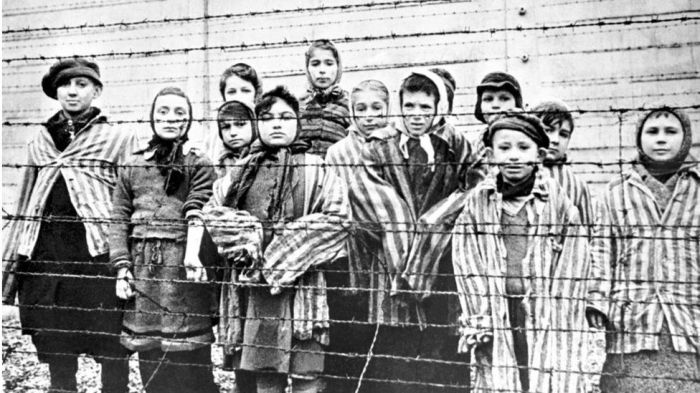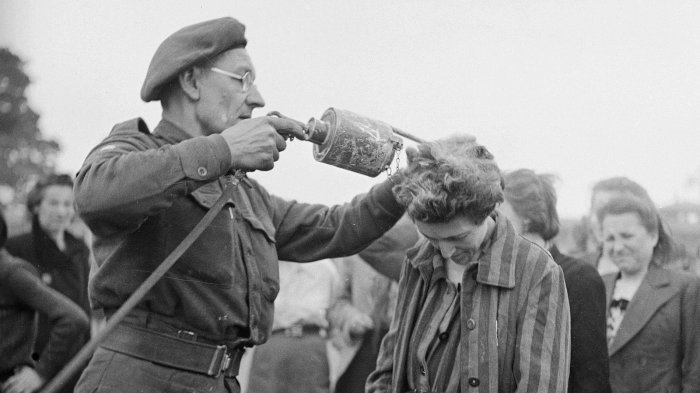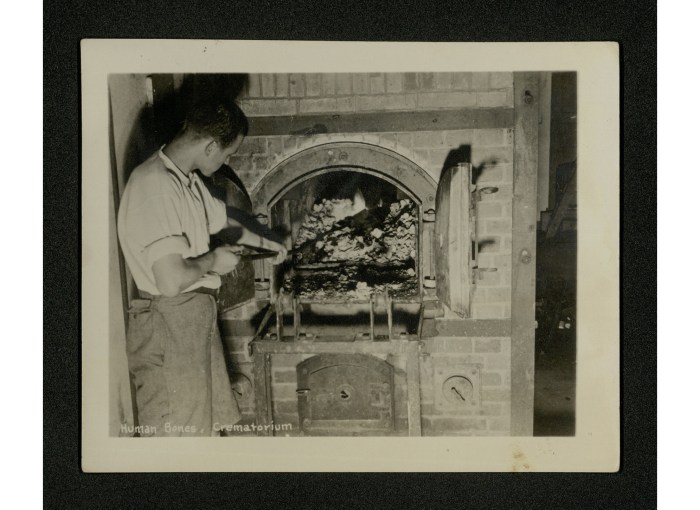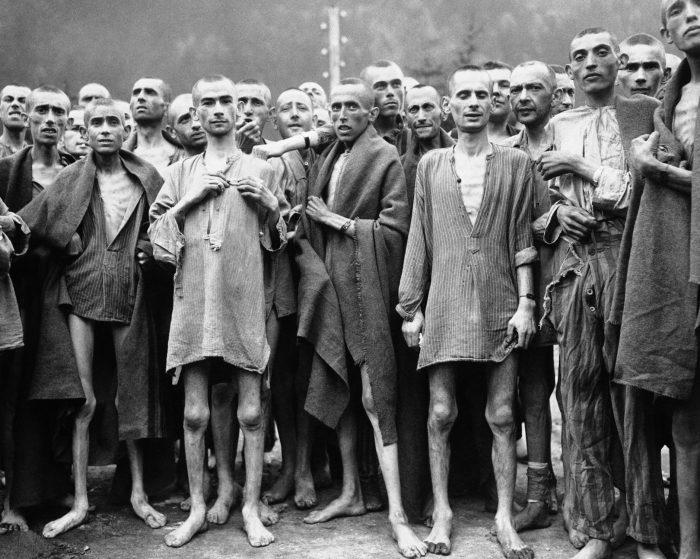World war 2 and the holocaust lesson 1 – In this exploration of World War II and the Holocaust, we embark on a profound journey to understand the horrors of the past and the lessons it holds for our present and future. This examination will delve into the origins and events of World War II, the systematic extermination of Jews by the Nazis, and the profound impact these events have had on our world.
Through the lens of history, we will uncover the warning signs of genocide, emphasize the crucial role of speaking out against intolerance, and showcase examples of how the lessons of the Holocaust have been applied to prevent future atrocities.
Overview of World War II

World War II, the most devastating conflict in human history, erupted in 1939 and engulfed the globe for six years. Its origins lie in the aftermath of World War I, the rise of totalitarian regimes, and the aggressive expansionism of Nazi Germany and Imperial Japan.
Major Events Leading Up to the War
- Treaty of Versailles (1919): Harsh penalties imposed on Germany after World War I fostered resentment and instability.
- Rise of Fascism in Italy and Nazism in Germany: Extremist ideologies glorified violence and nationalism, undermining democratic values.
- Invasion of Manchuria (1931): Japan’s aggression in Asia marked the beginning of the Pacific War.
- Anschluss (1938): Germany’s annexation of Austria violated the Treaty of Versailles and increased tensions in Europe.
- Munich Agreement (1938): Britain and France appeased Hitler by allowing Germany to annex the Sudetenland in Czechoslovakia.
Global Impact of the War
World War II had a profound impact on every continent, killing an estimated 40-85 million people. It devastated cities, economies, and infrastructure, and reshaped the global political landscape.
Timeline of Key Battles and Events
- September 1, 1939: Germany invades Poland, marking the beginning of the war.
- June 1940: France falls to Germany.
- December 7, 1941: Japan attacks Pearl Harbor, bringing the United States into the war.
- June 6, 1944: D-Day landings in Normandy, France.
- August 6 and 9, 1945: Atomic bombs dropped on Hiroshima and Nagasaki, Japan.
The Holocaust

The Holocaust, the systematic extermination of European Jews by Nazi Germany and its collaborators, was one of the darkest chapters in human history. It was a premeditated genocide driven by Nazi ideology, anti-Semitism, and the desire for racial purity.
Origins of the Holocaust
The Holocaust emerged from centuries of anti-Semitism and the Nazi’s twisted ideology. Hitler’s “Final Solution” aimed to eradicate Jews from Europe, motivated by the belief that they were a threat to German society.
Nazi Extermination Camps
The Nazis established a network of extermination camps, including Auschwitz-Birkenau, Treblinka, and Sobibor, where millions of Jews were murdered in gas chambers or by other means.
Role of Collaborators and Bystanders
The Holocaust was not solely carried out by Germans. Collaborators from occupied countries and bystanders who remained silent or indifferent played a role in the genocide.
Lessons from the Holocaust

The Holocaust serves as a stark reminder of the horrors that can result from hatred, prejudice, and indifference. It teaches us valuable lessons about the importance of speaking out against intolerance and the need to prevent future atrocities.
Warning Signs of Genocide
Recognizing the warning signs of genocide is crucial. These may include:
- Dehumanization of a particular group.
- Discrimination and segregation.
- Incitement to violence.
- Creation of paramilitary groups.
- Scapegoating of a minority group.
Importance of Speaking Out, World war 2 and the holocaust lesson 1
Speaking out against intolerance and prejudice is essential. By challenging hate speech and discrimination, we create a culture of respect and understanding that makes it harder for genocidal ideologies to take root.
Preventing Future Atrocities
The lessons of the Holocaust have been applied to prevent future atrocities. For example, the United Nations adopted the Genocide Convention in 1948, which criminalizes genocide and calls for international cooperation to prevent it.
World War II and the Holocaust in Literature and Film

World War II and the Holocaust have been extensively explored in literature and film, offering insights into the human experience during this tragic period.
Novels
- The Diary of Anne Frankby Anne Frank: A poignant firsthand account of a Jewish girl hiding from the Nazis.
- Schindler’s Listby Thomas Keneally: The story of Oskar Schindler, a German businessman who saved hundreds of Jews during the Holocaust.
- The Book Thiefby Markus Zusak: A unique perspective on the war from the point of view of a young German girl.
Films
- Schindler’s List(1993): Steven Spielberg’s critically acclaimed film about Oskar Schindler.
- Life Is Beautiful(1997): A touching and humorous film about an Italian Jewish family during the Holocaust.
- The Pianist(2002): Roman Polanski’s film based on the memoirs of Wladyslaw Szpilman, a Polish Jewish pianist who survived the Warsaw Ghetto.
The Legacy of World War II and the Holocaust
The legacy of World War II and the Holocaust continues to shape global politics and society. It has led to debates about reparations, reconciliation, and the prevention of future atrocities.
Reparations and Reconciliation
Reparations for the Holocaust have been a contentious issue. Germany has made significant payments to Holocaust survivors and their families, but the debate continues over the adequacy of these measures.
Prevention of Future Atrocities
The Holocaust has served as a warning about the dangers of intolerance and the need to prevent future atrocities. The United Nations has established the International Criminal Court (ICC) to prosecute individuals responsible for war crimes, crimes against humanity, and genocide.
Ongoing Debates
Debates about the legacy of World War II and the Holocaust continue to shape global discourse. These include:
- The role of the United States and other Allied powers in the Holocaust.
- The extent of collaboration by non-Germans in the genocide.
- The lessons learned from the Holocaust and their relevance to contemporary conflicts.
FAQ Compilation: World War 2 And The Holocaust Lesson 1
What were the major events leading up to World War II?
The rise of fascism and Nazism, the appeasement of aggressive regimes, and the failure of the League of Nations were key factors that contributed to the outbreak of World War II.
How did the Nazis systematically exterminate Jews?
The Nazis implemented a systematic plan of genocide known as the “Final Solution,” which involved the establishment of concentration and death camps where millions of Jews were murdered.
What are the warning signs of genocide?
Warning signs of genocide include hate speech, discrimination, and the erosion of democratic institutions.
